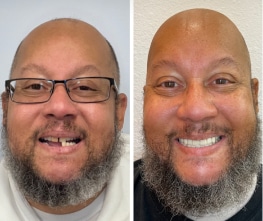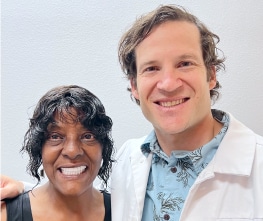Tooth Extraction Colorado Springs
Types of Oral Surgery Extractions

4.9/5
Download Your Guide to The Extraction Process
Fill out the form below and we will email/text you the guide along with $300 savings offer!
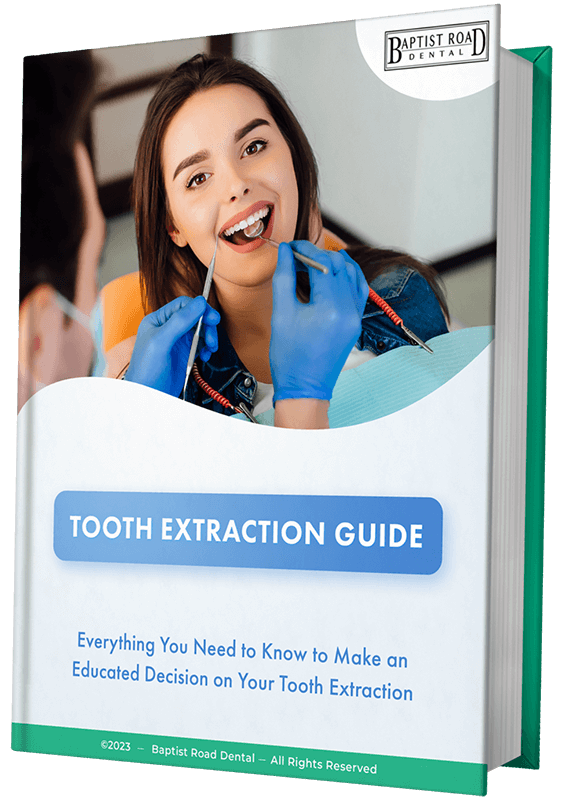
The Guide Will Show You
- Step-By-Step Overview
- Common Procedures
- Common Questions
- And More!
Download Your Guide to The Extraction Process
Fill out the form below and we will email/text you the guide along with $300 savings offer!
Reasons for Tooth Extraction
- Severe decay or infection that cannot be treated with a root canal
- Crowding of teeth in the mouth
- Impacted wisdom teeth causing pain or damage to nearby teeth
- Fractured or broken teeth beyond repair


Ensuring Your Comfort During Extractions
To reduce your pain and improve your healing, we will utilize your own platelet-rich plasma (PRP). Platelets are a particular kind of cell in your own blood. They are utilized by your body for clotting and healing. We will extract a small quantity of platelets from your own blood and place these in the site of the extraction. Patients receiving PRP report less swelling and discomfort after an extraction.

Trust Advanced Dental & Implant Center for Your Tooth Extraction Needs
Get Rid of That Affected Tooth for Optimal Oral Health
Affected teeth can lead to a host of problems, including pain, infection, and tooth loss. Don’t wait to get rid of your affected tooth – optimal oral health is just a treatment away!
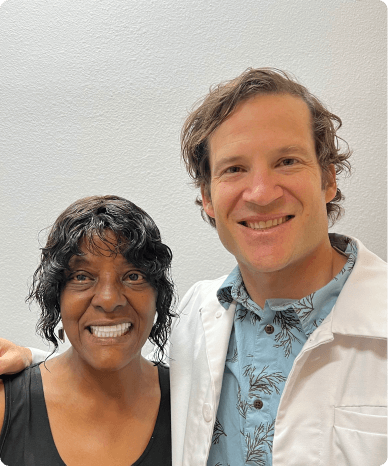
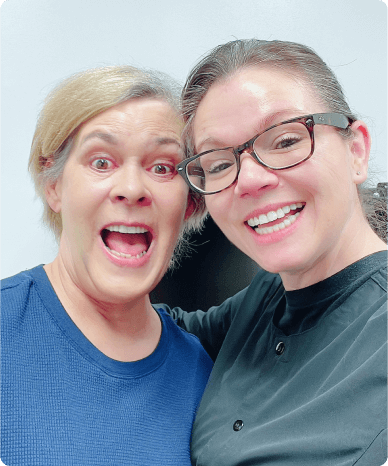
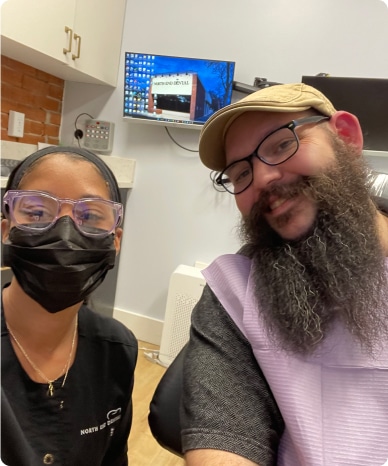
Recovery After Extractions
- While the actual procedure may only take 30 minutes to an hour, most patients experience some swelling and soreness. This usually subsides within 48 hours, but you may feel more comfortable using an ice pack to reduce any discomfort.
- Good dental hygiene is important after an extraction.
- Patients can expect pain and swelling in the days following the extraction procedure.
- Some bleeding is normal and should not be cause for concern.
- Patients should pay special attention to the extraction site to prevent infection.
- Taking prescribed pain medication and antibiotics as directed
- Applying ice packs to reduce swelling
- Eating soft foods and avoiding using a straw to prevent dry socket
Smile Gallery
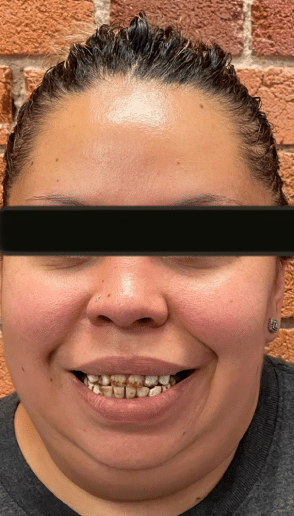
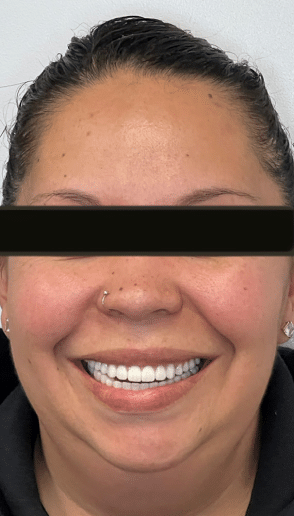




Oral Surgery Extraction FAQs
What is oral surgery extraction?
Oral surgery extraction refers to the surgical removal of teeth that cannot be easily extracted through simple procedures. It is often performed for impacted or severely damaged teeth.
Why would I need oral surgery extraction?
You may require oral surgery extraction if you have impacted teeth, such as wisdom teeth, or if you have teeth that are severely decayed, damaged, or infected. It may also be necessary for orthodontic or prosthetic treatment purposes.
How is oral surgery extraction different from a regular extraction?
Oral surgery extraction involves more complex procedures compared to a regular extraction. It may require incisions, bone removal, or tooth sectioning to safely and completely remove the tooth.
Is oral surgery extraction painful?
During the procedure, local anesthesia is administered to numb the area, ensuring a painless experience. Afterward, you may experience some discomfort, but pain medication and post-operative care instructions will be provided to manage it effectively.
How long does the recovery process take?
The recovery time can vary depending on the complexity of the extraction and individual healing abilities. Generally, it takes a few days to a couple of weeks for the initial healing, and complete recovery can take several weeks.
Are there any risks associated with oral surgery extraction?
As with any surgical procedure, there are potential risks and complications involved, including infection, bleeding, nerve damage, or dry socket. However, these risks can be minimized by following post-operative care instructions and regular follow-up visits.
Will I need sedation during oral surgery extraction?
Sedation options may be available for oral surgery extractions to ensure your comfort and relaxation during the procedure. This can range from local anesthesia to intravenous (IV) sedation or general anesthesia, depending on the complexity of the extraction and your preferences.
Can I eat after oral surgery extraction?
After the procedure, it is recommended to stick to a soft or liquid diet for a few days to allow for proper healing. Avoiding hard, chewy, or hot foods can prevent irritation or damage to the extraction site.
How do I care for the extraction site?
Proper care of the extraction site is crucial for healing and preventing complications. This may include gentle rinsing with saltwater, avoiding vigorous brushing around the area, and following any specific instructions provided by your dentist or oral surgeon.
Meet our Doctors
Let us help you maintain your perfect smile

Dr. Scott R. Hill
Dr. Scott Hill completed his bachelor’s degree at Utah State University and then received his Doctor of Dental Medicine (DMD) degree from the University of Kentucky College of Dentistry in 2014. After serving as an associate dentist in Ohio, he then selected Colorado Springs as the right location to settle his family.

Dr. Bridgette Young
Dr. Bridgette Young completed her Doctor of Dental Medicine (DMD) degree from Roseman University of Health Science, College of Dental Medicine in 2023. Prior to her doctorate, she completed a Bachelor of Science in Food Science and Human Nutrition at the University of Hawaii at Manoa.
What Our Patients Say
See what other patients are saying about us.
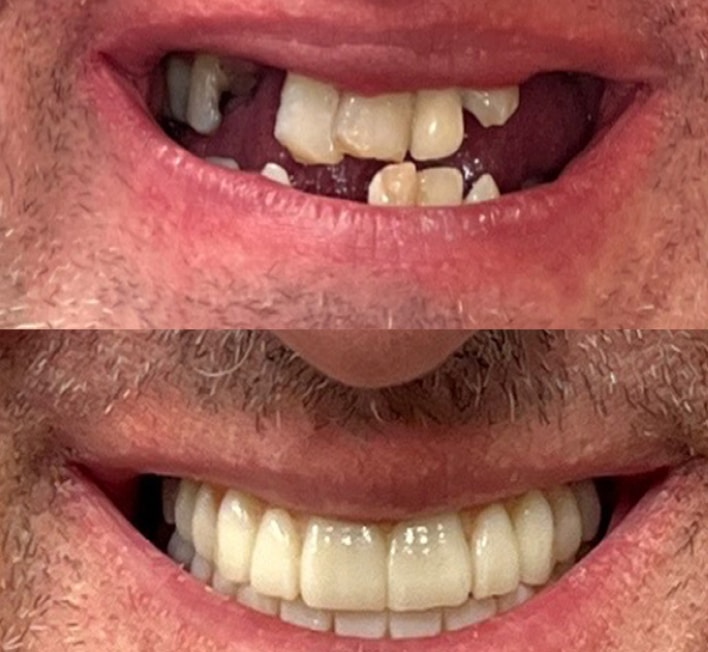
Every patient deserves a healthy, beautiful smile
We believe every patient deserves a healthy, beautiful smile, and we work hard to make that happen for you.



